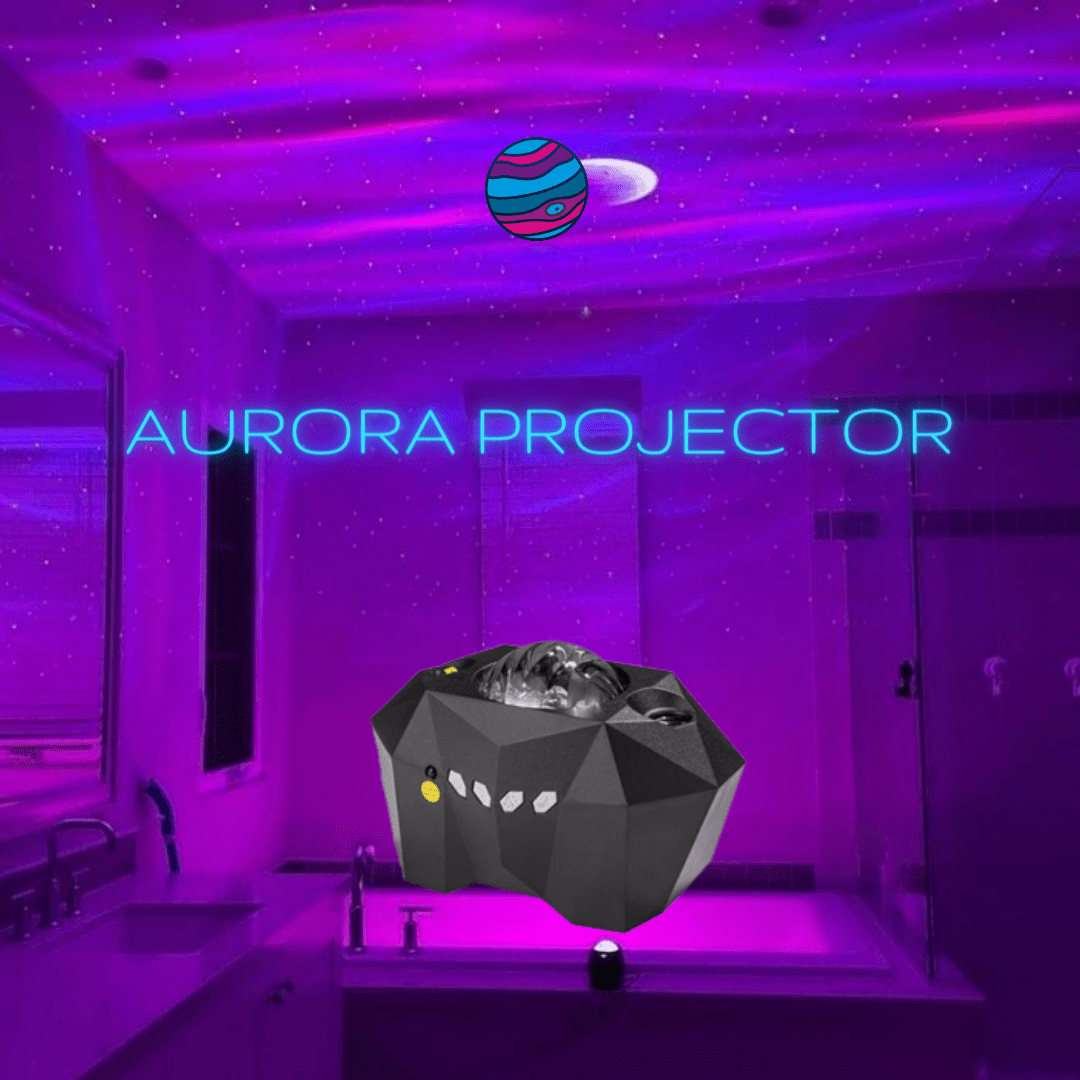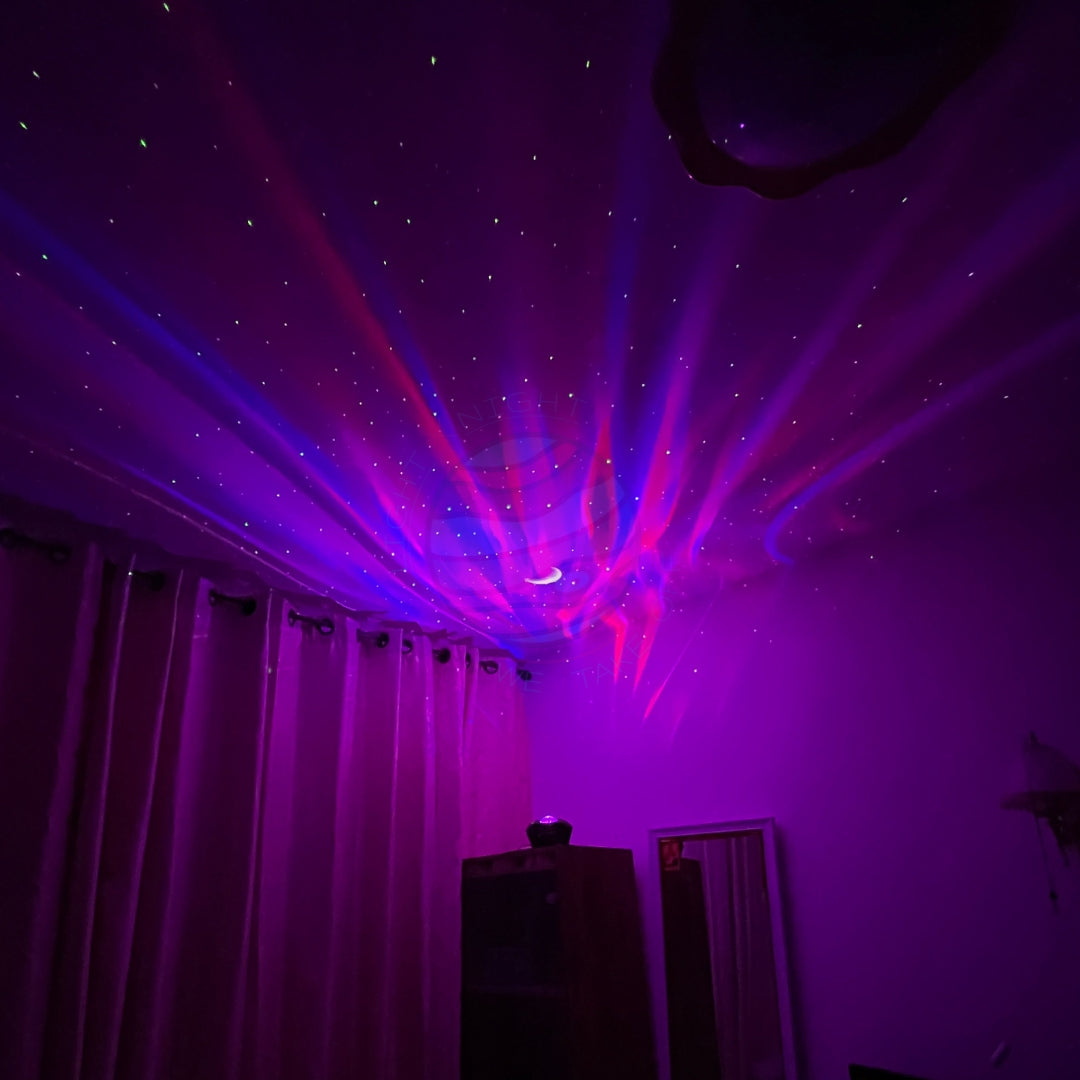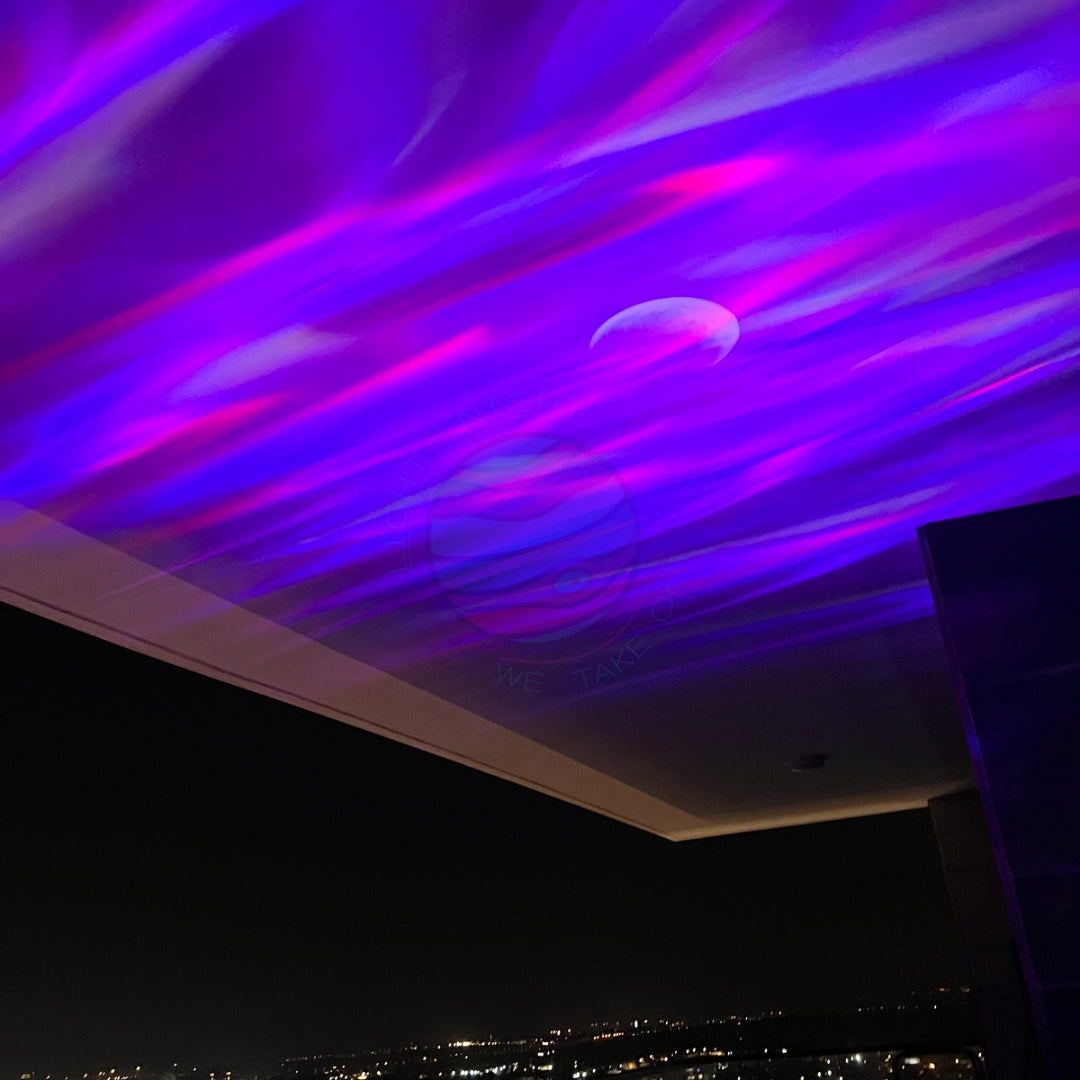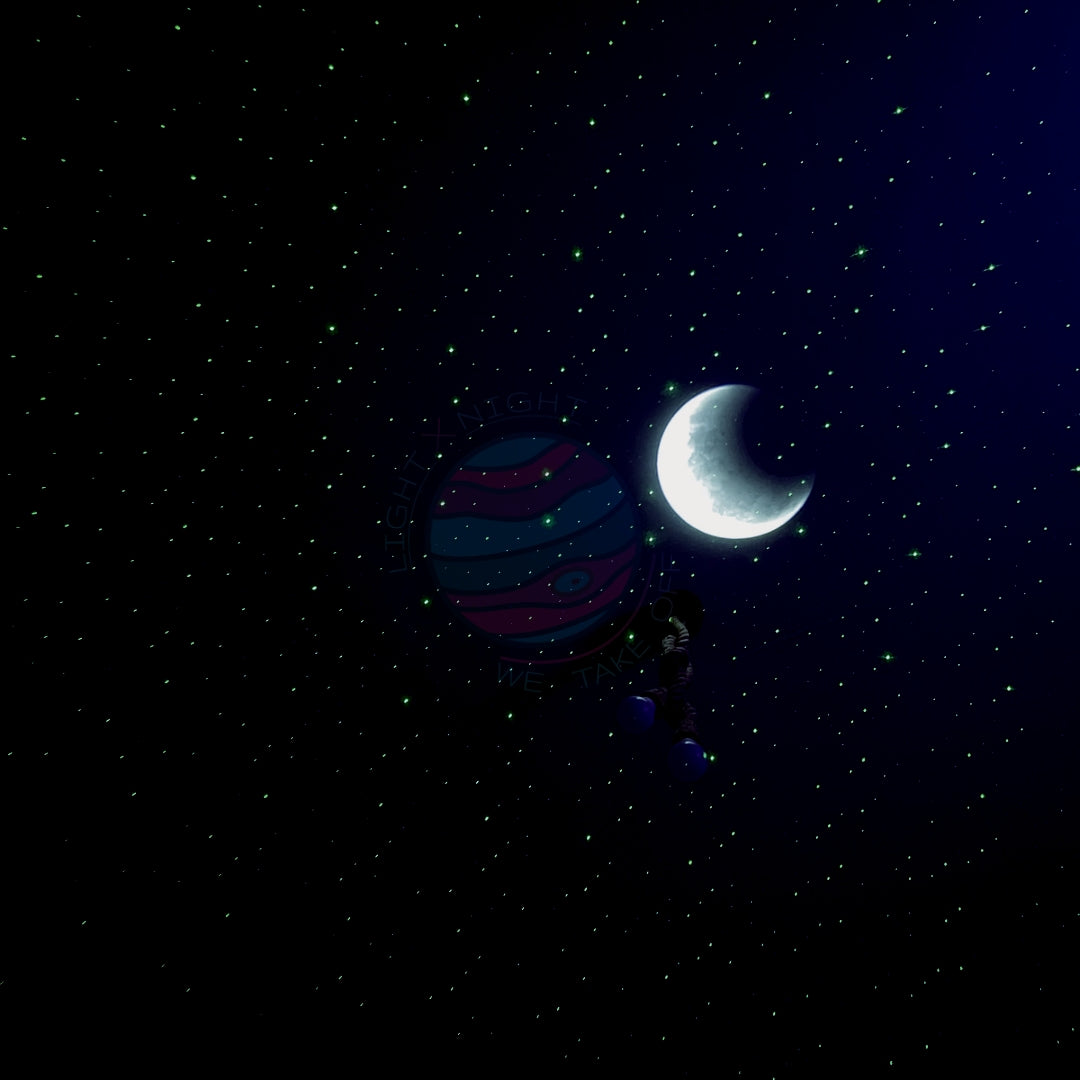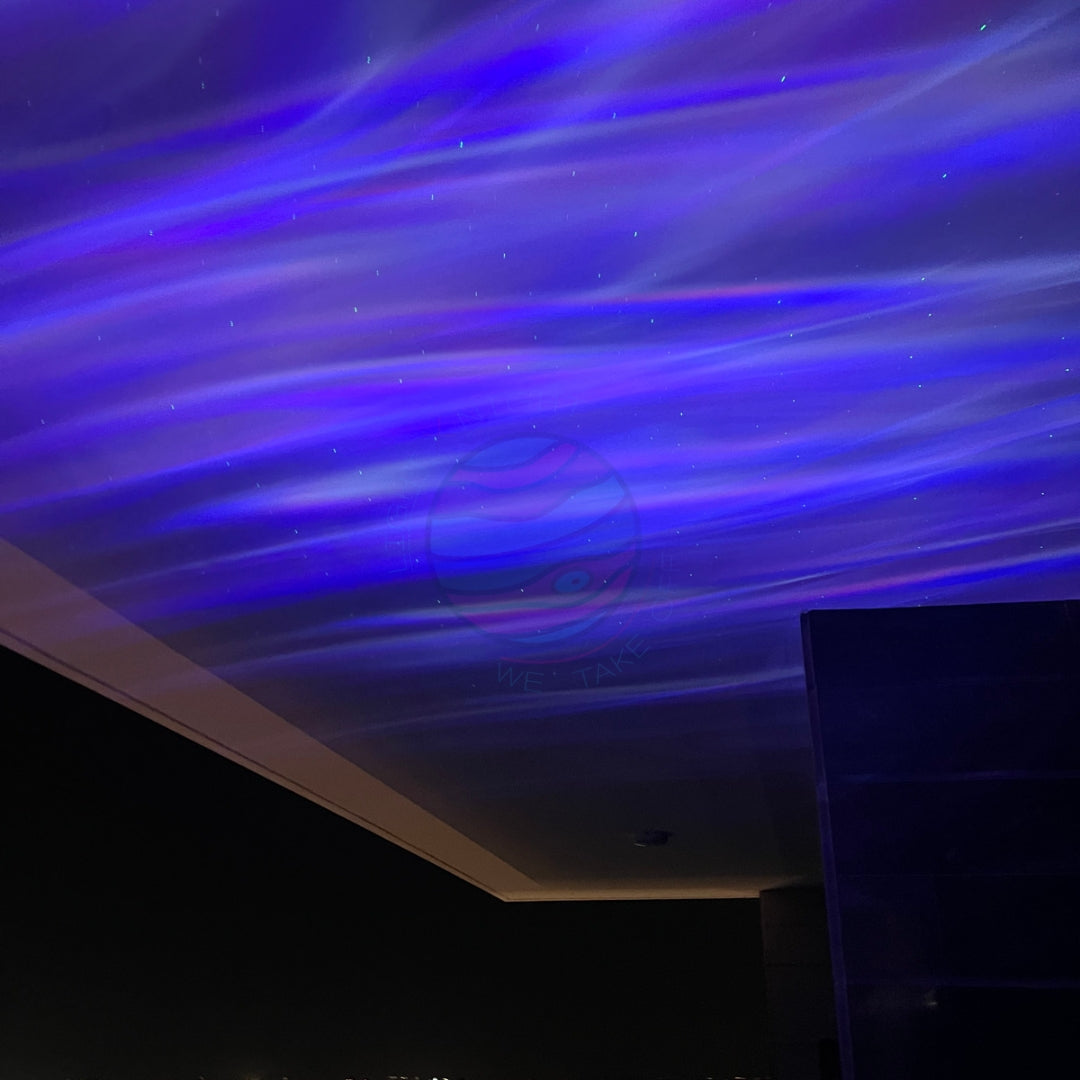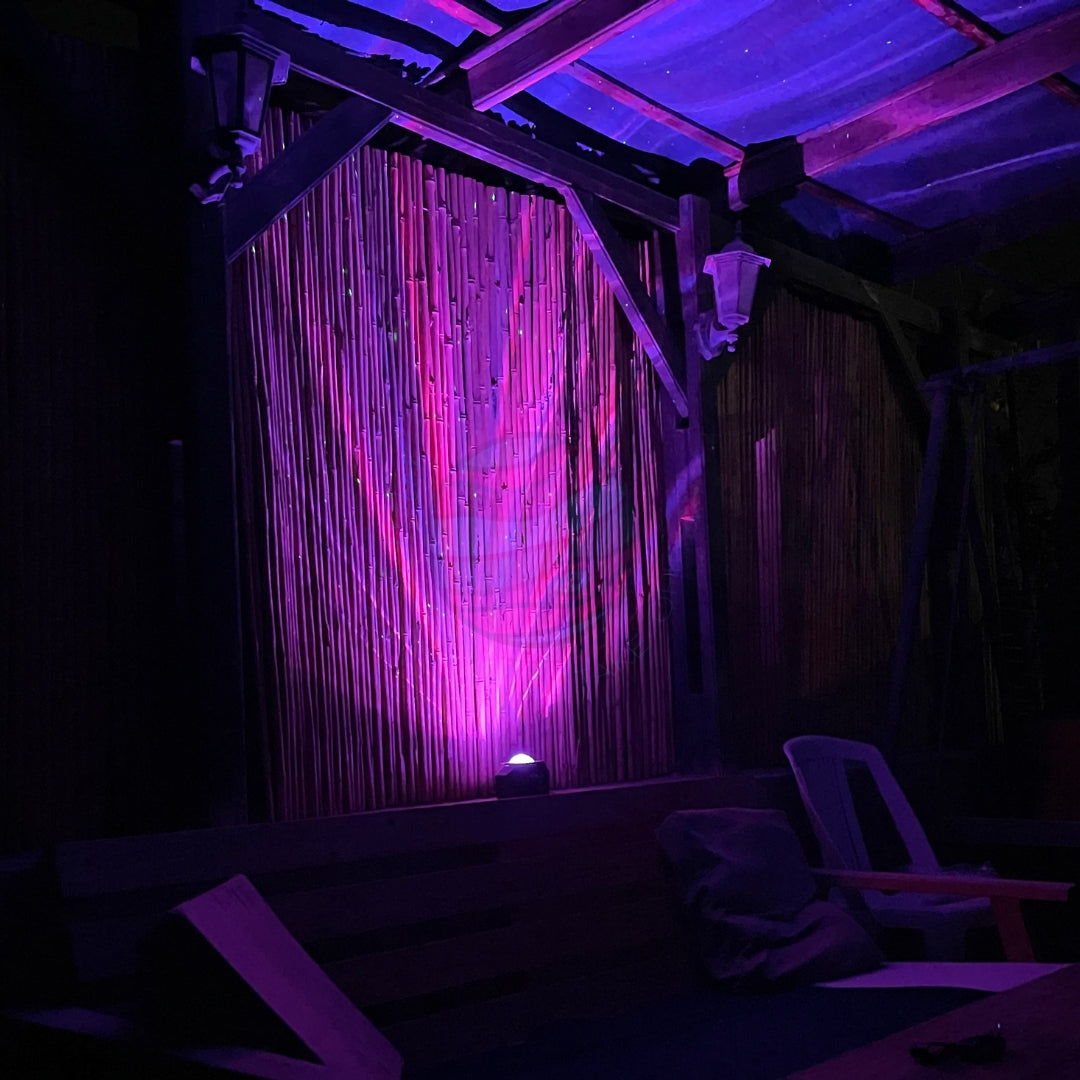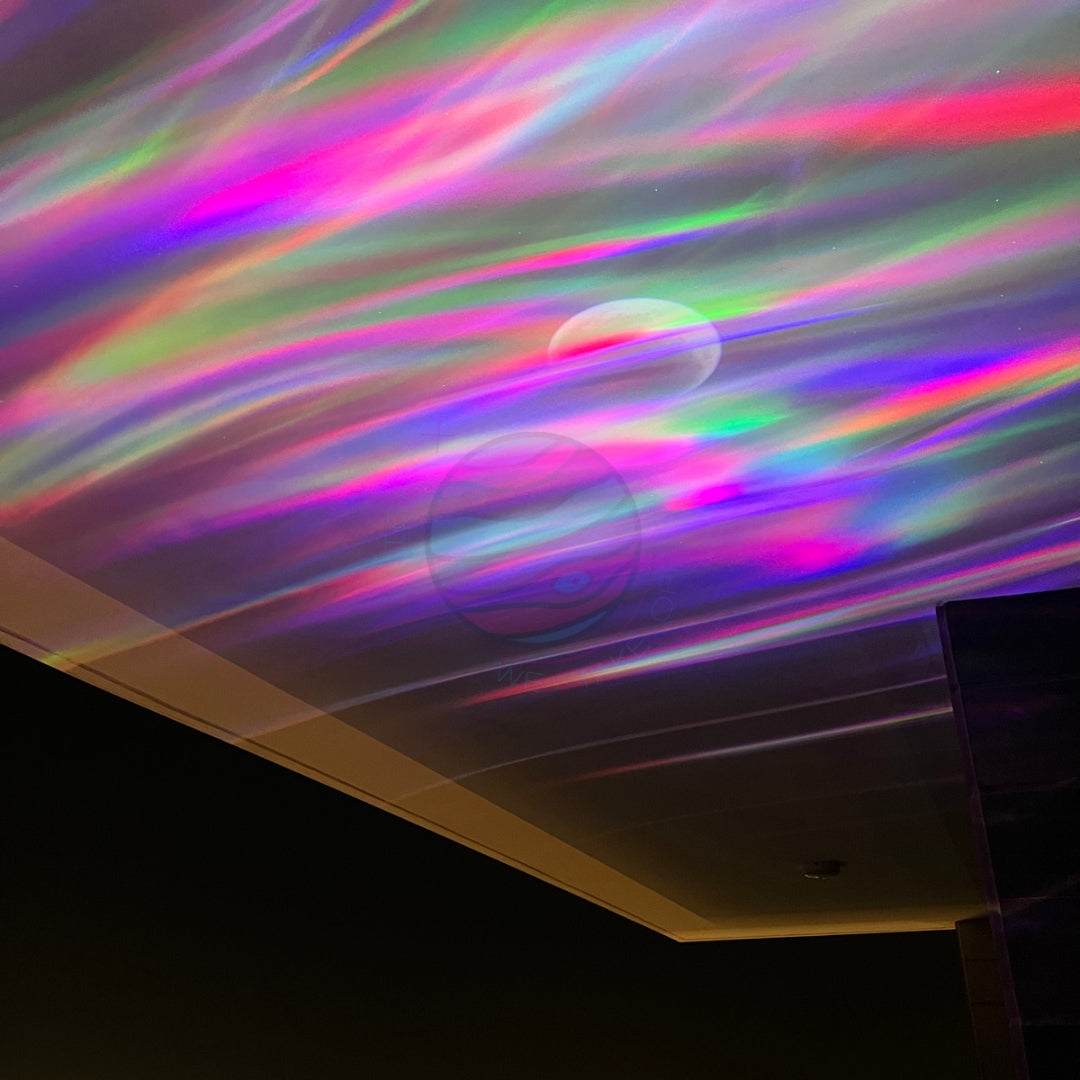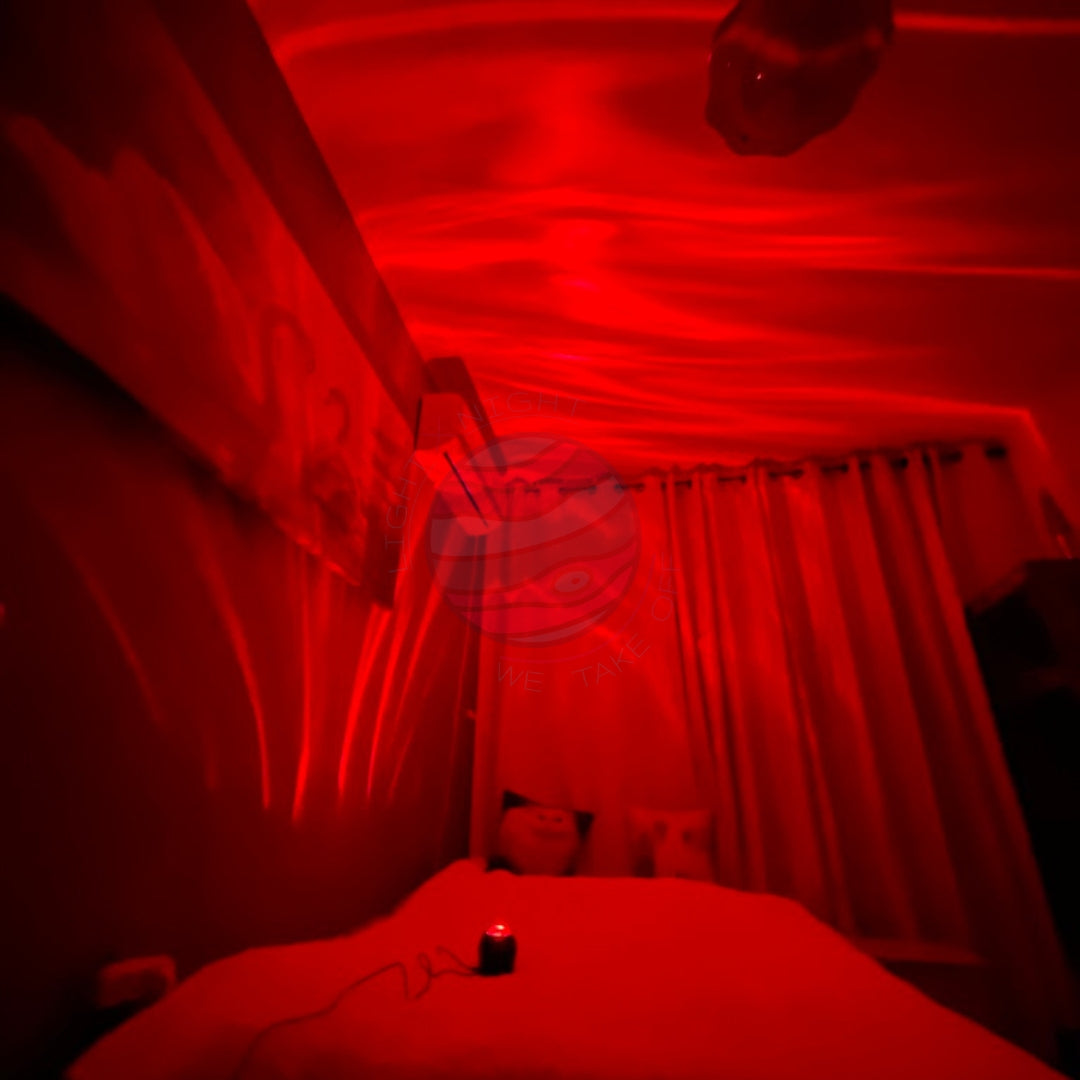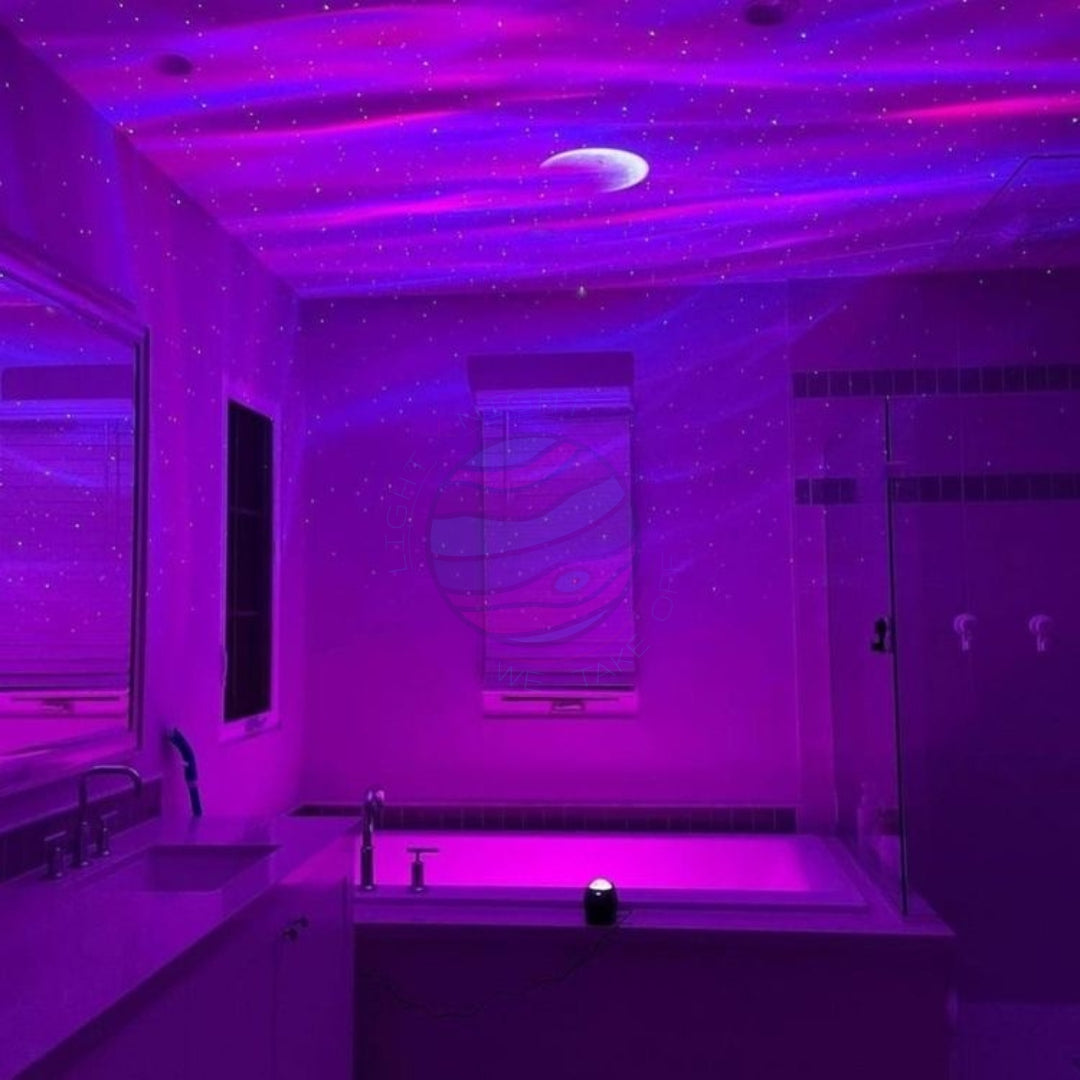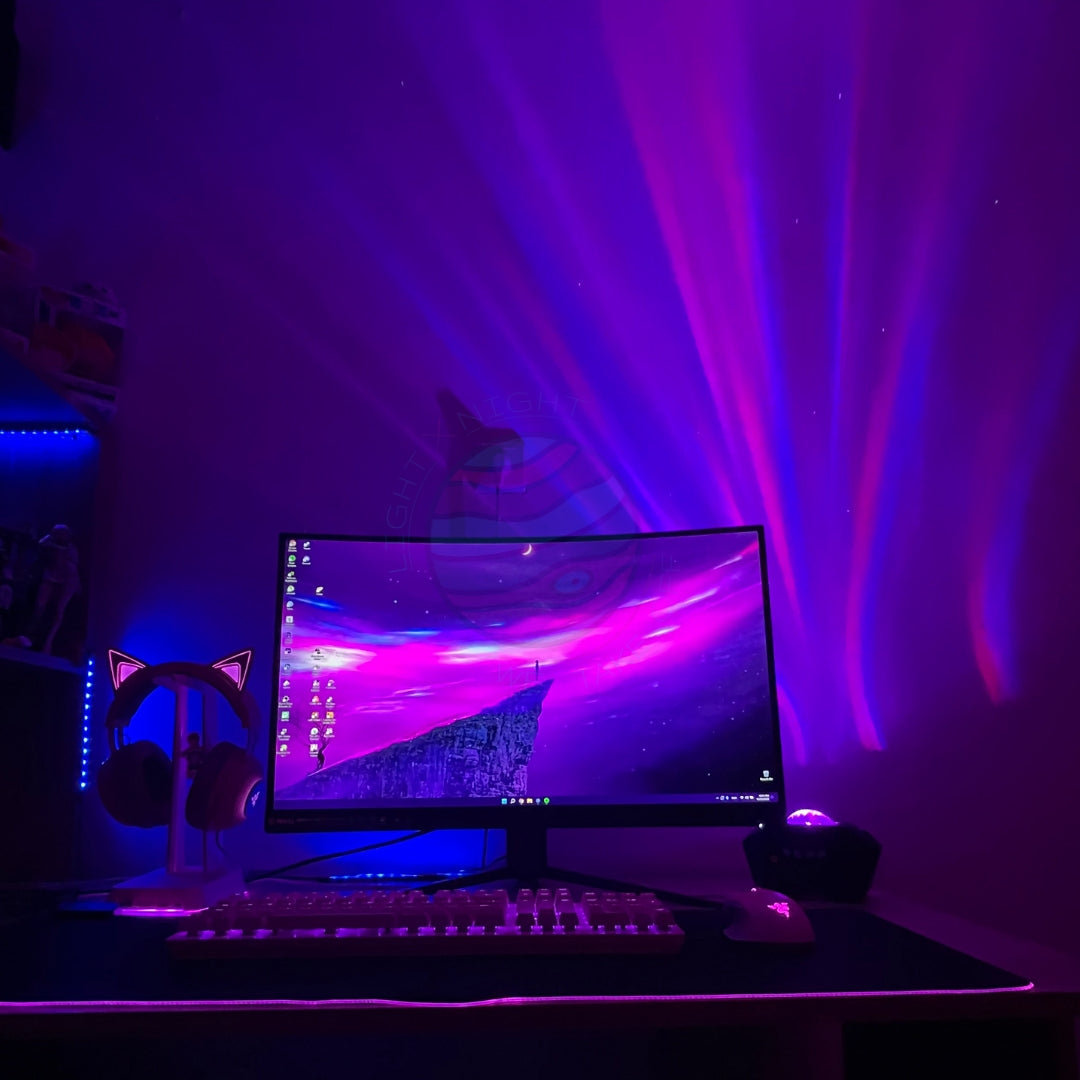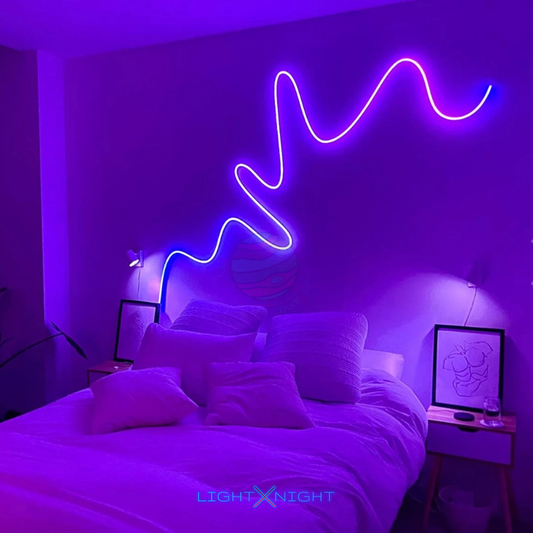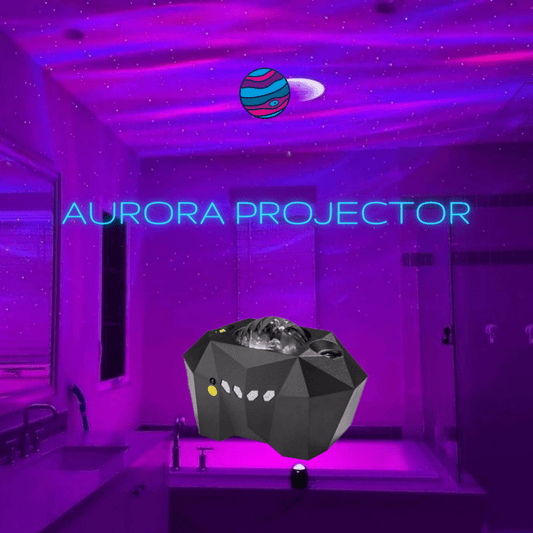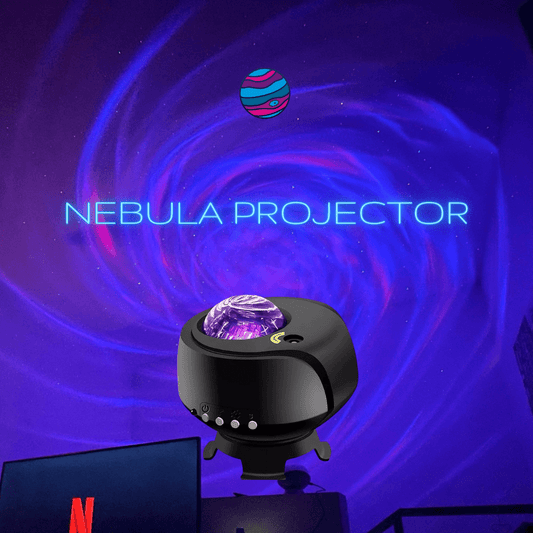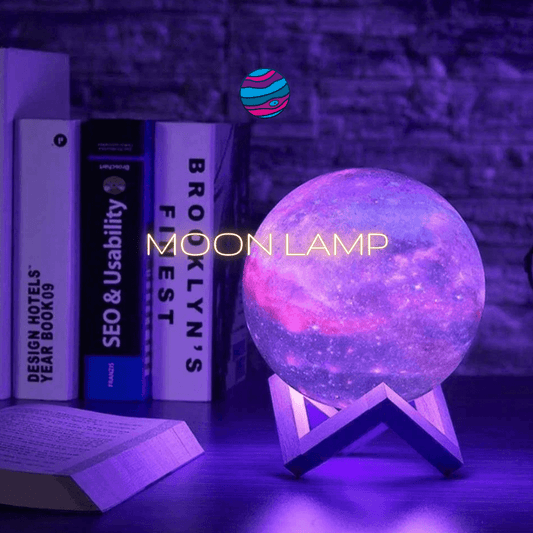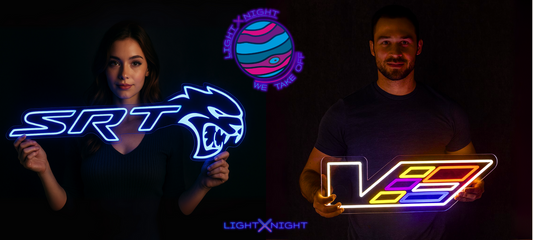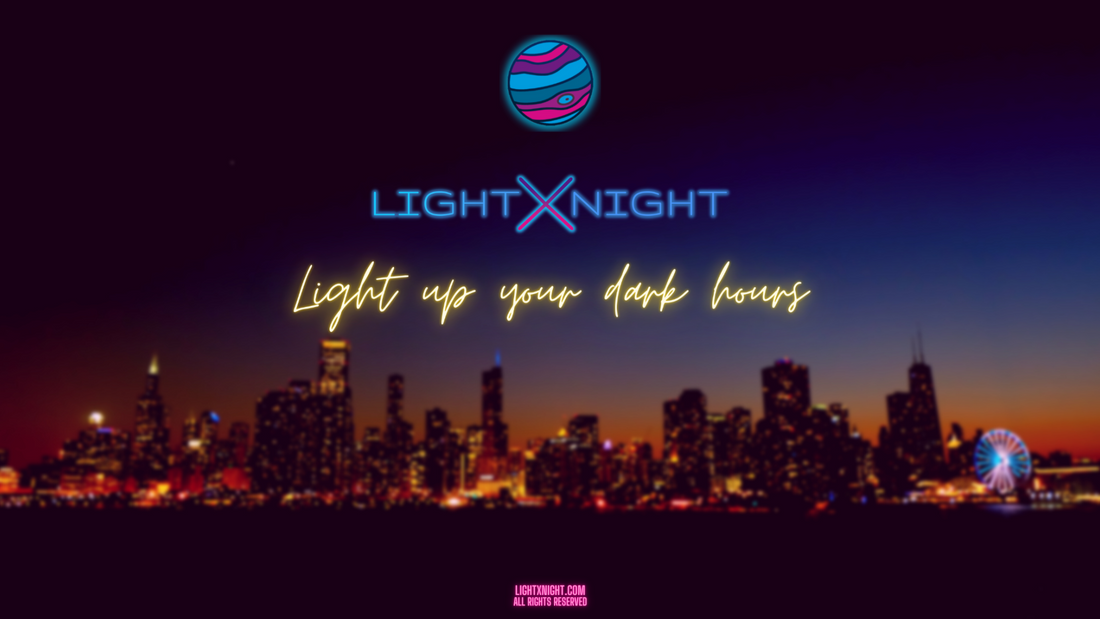
Night Lighting: A Medicine for Good Sleep?
Share
Night Lighting: A Medicine for Good Sleep?
Do you struggle with getting a good night's sleep? Are you constantly tossing and turning, unable to fall asleep or stay asleep? If so, you're not alone.
Many people struggle with sleep, and there are countless products and techniques out there that claim to be the solution. But what if the answer was something as simple as night lighting?

A recent experiment was conducted to see if night lighting could have a positive impact on sleep quality. The study was led by researchers at the University of Oxford and involved 84 participants who were asked to sleep in a lab for two nights. During the first night, the participants slept in a dimly lit room, and during the second night, they slept in a room with bright lights. The results of the study were surprising. The participants slept an average of 2 hours longer during the night with bright lights than during the night with dim lighting. They also reported feeling more alert and less sleepy the next day after sleeping in the brightly lit room.
So why might night lighting have a positive impact on sleep? One theory is that exposure to bright light at night can help regulate the body's circadian rhythm. The circadian rhythm is the internal clock that regulates sleep and wakefulness, and it's influenced by light exposure. Exposure to bright light at night may help reset the circadian rhythm and improve sleep quality.
Of course, it's important to note that not all types of light are created equal. Blue light, which is emitted by electronic devices such as smartphones and computers, can actually have a negative impact on sleep quality. This is because blue light can suppress the production of melatonin, a hormone that regulates sleep.

So what can you do to take advantage of the potential benefits of night lighting?
One option is to invest in a light therapy lamp , Galaxy Projector or dawn simulator, which are designed to simulate natural light and help regulate the circadian rhythm.
Another option is to simply turn on the lights in your bedroom before going to bed, or to leave a small light on during the night. It's important to note that everyone's sleep needs are different, and what works for one person may not work for another. However, the results of this study suggest that night lighting may be a simple and effective solution for improving sleep quality. If you're struggling with sleep, it may be worth giving it a try.



